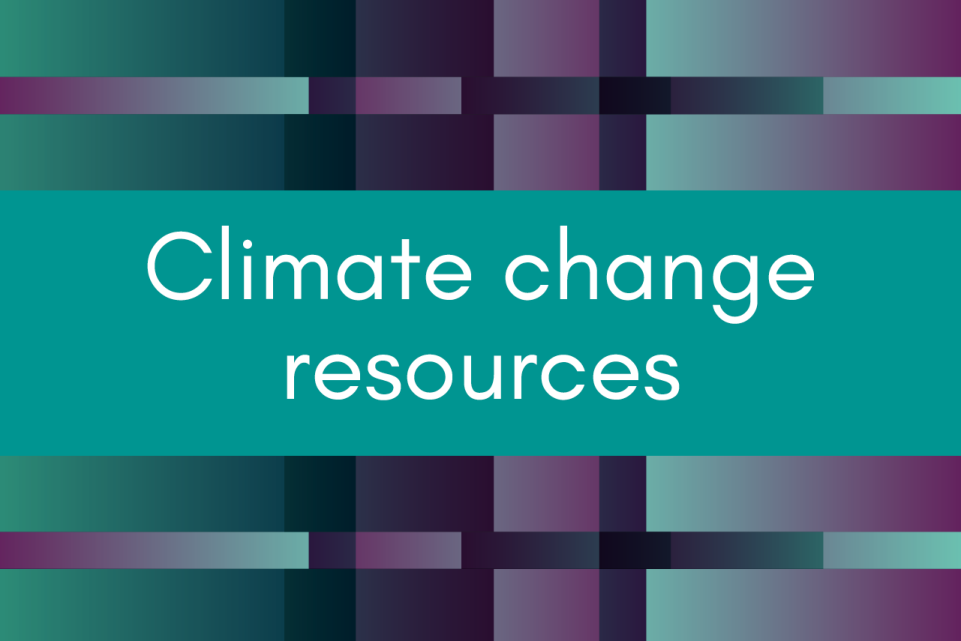The LGA hosted a roundtable on the green economic recovery with 25 council representatives attending to discuss their recovery plans and how they were including green practices within them.
The LGA hosted a roundtable on the green economic recovery with 25 council representatives attending to discuss their recovery plans and how they were including green practices within them. Below is a summary of the discussion with all attendees anonymised:
The chair introduced the key themes and topics that would be discussed. He highlighted the current economic challenges that councils are facing in supporting businesses, maintaining productivity in the current climate as well as the levelling up agenda across regional and rural communities.
The roundtable was split into two halves. The first half focused on the challenges that councils are currently facing and their future economic development plans. The second half focused on the council’s green recovery plans.
The council officers discussed some of the challenges that stem from the uncertainty around Brexit and COVID-19. This has led to changing consumer demands, increasing pressure on businesses and SMEs and significant pressures on local high streets and town centres. There is a lack of clarity on what the future growth sectors will be and it is a challenge for councils to produce economic development plans amidst this uncertainty.
Council officers felt that there are limitations with the tools being used to measure economic growth. GDP does not accurately reflect the standard of living or reflect the quality of the jobs that are available.
It was suggested that short-term funding initiatives from central government are a challenge to district councils and rural areas who do not have the capacity to deliver with short turnaround times. The Government has spoken about a levelling up agenda, but the council officers called for more clarity on what this will look like.
The focus on delivering green economic development has produced opportunities to capitalise on renewable energy initiatives which can support the economic recovery post COVID-19. However, councils will need significant infrastructure investment to try to maximise the benefits.
Councils are currently experiencing challenges in developing economic development plans amidst an uncertain climate. There needs to be long term funding for rural towns and district authorities to enable them to deliver sustainable community-based change. Amidst the uncertainty there are still opportunities that are being presented from renewable energy initiatives and nuclear powerhouse stations. However, major infrastructure investment is needed from central government to allow local authorities to capitalise on this.
There should also be equal opportunities for rural towns and smaller district councils to access enough long-term funding and infrastructure investment to help with the levelling up agenda and ensure that sustainable communities are built.
The attendees shared what their council’s plans are for developing green initiatives going forward particularly in the post recovery from COVID-19. The discussion was centred around, capitalising on offshore and onshore green initiatives and seeking innovative solutions such as utilising hydrogen from new nuclear plants.
The council officers highlighted barriers due to shortage of local supply chains that are having an impact on contractors.
Councils are looking to capitalise on low carbon and renewable energy initiatives to help grow their local economies. This is being increasingly embedded into recovery strategies and development plans. Councils would benefit from data on future green growth sectors. However, councils will need investment from government and clarity around Brexit and COVID-19. COVID-19 in particular, is having an impact on local supply chains which has a domino effect on contractors’ abilities to deliver services. There are also skills shortages and expertise in carbon. Some councils are already carrying out carbon literacy programmes to support businesses and provide training on carbon technologies and more could benefit from having support around this.


